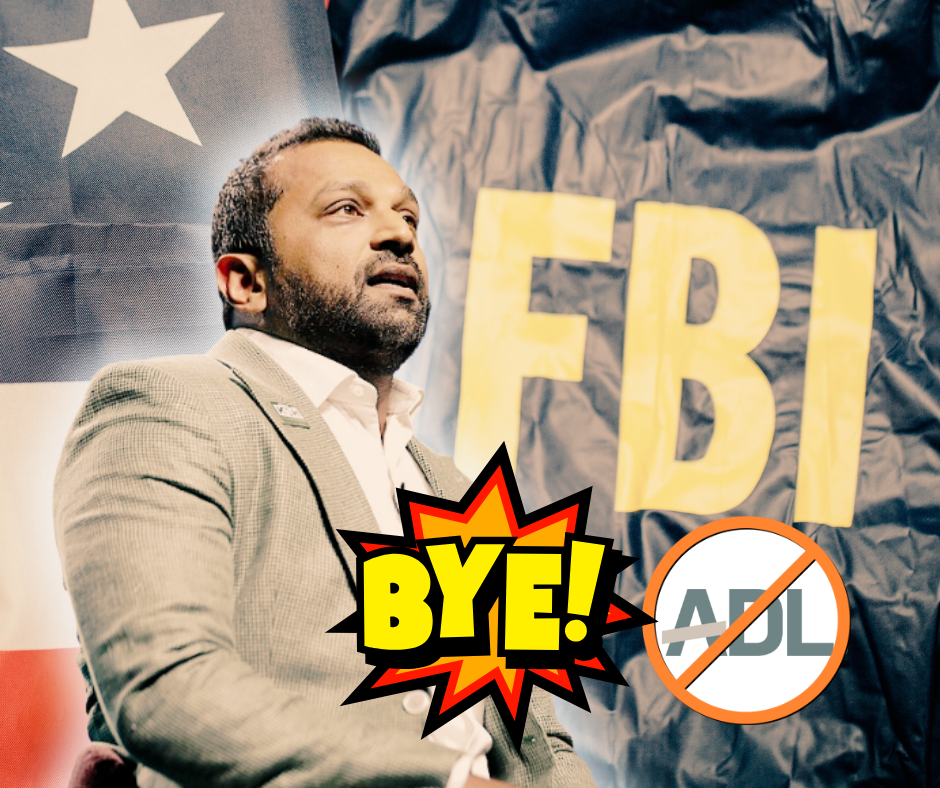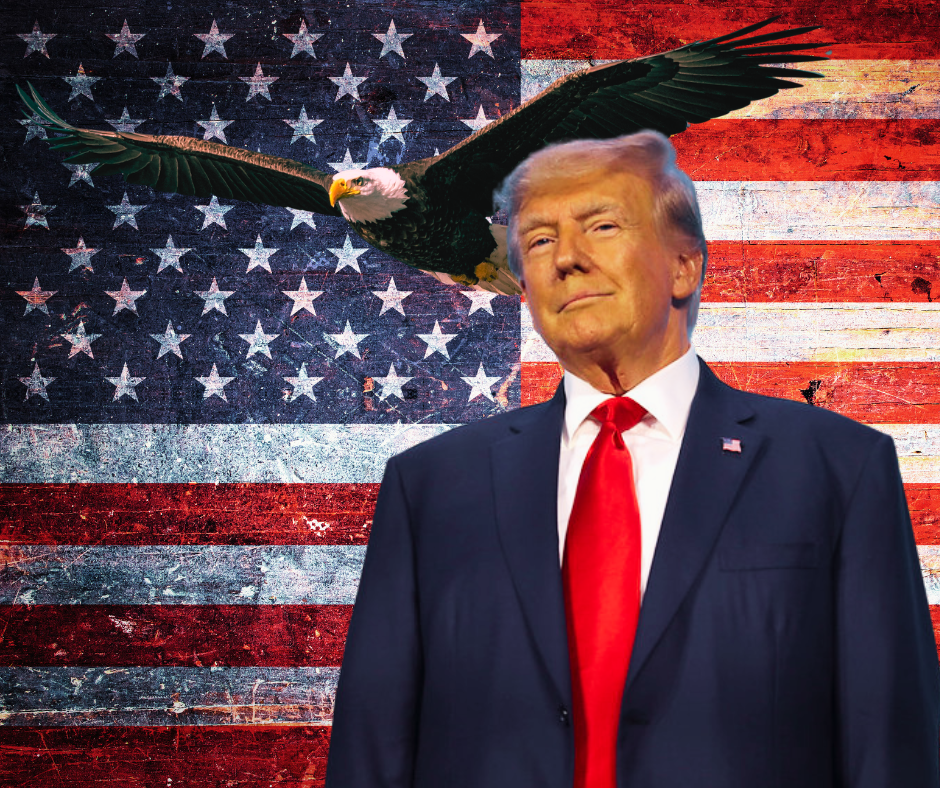
The FBI Breaks Up With the ADL — And It’s About Time
Kash Patel confirmed this week that the FBI has cut ties with the Anti-Defamation League. If you didn’t know they were working together, you’re not alone. Most Americans had no idea the nation’s top law enforcement agency was partnering with a private activist group to decide what counts as extremism. That partnership is over now, and the reasons why reveal just how deeply politics has infected policing.
James Comey wrote “love letters” to the ADL and embedded FBI agents with them – a group that ran disgraceful ops spying on Americans.
That era is OVER. This FBI won’t partner with political fronts masquerading as watchdogs. pic.twitter.com/R6IKpSTfuP
— FBI Director Kash Patel (@FBIDirectorKash) October 1, 2025
A “Hate Watchdog” with Political Teeth
The Anti-Defamation League formed in 1913 with a clear mission: fight antisemitism and defend Jewish Americans against bigotry. It was a worthy cause. But over the last decade, the ADL has morphed into something very different — a highly partisan, deeply political organization that has inserted itself into debates on immigration, gender ideology, race, and even elections.
The ADL hates White people. https://t.co/qNfc94xLo9 pic.twitter.com/jdpio7e98w
— The General (@1776General_) October 1, 2025
Under CEO Jonathan Greenblatt, a former Obama official, the group has gone far beyond tracking neo-Nazis or white supremacists. It now regularly labels mainstream conservative groups as extremist, including parental rights organizations, Christian legal advocates, and student groups on college campuses. Activists have stretched the word hate so thin it now includes almost anything that challenges progressive orthodoxy.
And the FBI, astonishingly, was relying on this organization for guidance.
Outsourcing Judgment to Activists
For years, the Bureau partnered with the ADL on extremism training and hate-crime analysis. That partnership let a nonprofit with a clear political agenda influence an agency tasked with investigating terrorism, espionage, and violent threats. It also let the ADL shape how federal agents were trained to view Americans, not just violent threats, but speech and ideology too.
Did you know ADL trains every new FBI agent on their role as protectors of the American people and the Constitution? pic.twitter.com/d6LOaOvS8o
— Cernovich (@Cernovich) October 1, 2025
This cozy relationship gave the ADL enormous power. If they decided a group was hate-adjacent, that label could trickle down into law enforcement briefings, security bulletins, and media coverage. In effect, the ADL was helping to write the narrative about what constitutes a threat, and those narratives often targeted conservatives far more than anyone else.
The Turning Point: Bias, Backlash, and Overreach
The break came after months of controversy over the ADL’s “Glossary of Extremism,” a sprawling list of organizations and terms that included groups like Turning Point USA and Moms for Liberty. Critics, including Elon Musk, blasted the list as political hit work disguised as public safety research. The backlash grew so intense that the ADL quietly scrubbed more than a thousand pages from its site.
By then, the damage was done. Patel, speaking on behalf of the FBI, announced that the Bureau would no longer rely on the ADL as a partner. The move signals a long-overdue recognition that law enforcement cannot outsource its judgment to activist groups, especially those that blur the line between actual threats and political disagreement.
The Bigger Problem: Who Gets to Define Hate?
The ADL will continue its work, and it will continue to be treated by much of the media as a neutral authority on extremism. But the truth is clear. The organization has become a political actor with a clear ideological agenda, and its influence inside federal law enforcement should have ended a long time ago.
The question now is how much damage was done during those years of collaboration. How many investigations were shaped by partisan definitions of hate? How many groups were unfairly scrutinized because their views clashed with progressive politics? We may never know the full answer.
What we do know is this: Kash Patel and the FBI were right to walk away. The power to define threats should never belong to activists. It belongs to the people we elect and the agencies that answer to them. Anything else is a shortcut to tyranny.
Feature Image: Gage Skidmore from Surprise, AZ, United States of America, CC BY-SA 2.0, via Wikimedia Commons/edited in Canva Pro



One thought on “Why the FBI Finally Cut Ties with the ADL — And What It Reveals About Their Real Agenda”